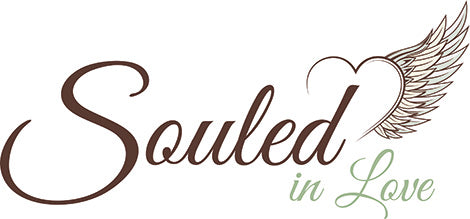Do you struggle to say no?
You are not alone.
I used to hate to say “no” because I didn’t want to hurt the other person's feelings.
Over time though, I realised that saying yes came with a set of consequences.
Every time I said yes, I would set aside time and mental energy which would be taken away from my existing needs. I began to have no time for myself as I felt the constant pressure to agree to everything, to be there for everyone, to put my needs on hold.
I became unhappy.
After years of doing this, I recognised that my time was no longer my own it was taken over by what others wanted from me. I felt tired and resentful.
After feeling so weighed down putting others first I explored this through personal development. I asked myself why it was so important for me to be a people pleaser to the point that I would begrudge what I was doing and felt stressed because of it.
I realised I was afraid of saying no because my biggest fear was rejection. I was afraid that every time I did this, I would disappoint someone, make them angry, hurt their feelings, or seem unfriendly.
Having people think negatively of me was a rejection so this was a light bulb moment - I understood exactly why I found it so difficult to say no.
Now I am respecting myself and able to say no, others value and respect me and I have the right people in my life.
Through the group we run and the people we work with that on a 1:1 basis we have found that many people go through this every day. It’s a heavy load to carry as with the urge to say yes also comes a lack of self worth.

“Saying no can be the ultimate self-care.”
-Claudia Black
Remember that your self-worth does not depend on how much you do for other people. Saying no doesn’t mean that you are being rude, selfish, or unkind. These are all unhelpful beliefs that make it hard to say no. Learning where these beliefs have come from is a great way to learn to get rid of them.
Do children find it easier to say no?
As children, we learned that saying no was impolite or inappropriate. If you said no to your parents or grandparents , you were considered as rude, and would probably have been told off for it.
What changes as we become adults?
Now that we are all adults, we are capable of making our own choices, as well as knowing the difference between right and wrong. Therefore, ‘no’ should be something that we decide on ourselves, based on our own choice.
But all too often we hold onto our childhood beliefs and we continue to associate no with people not liking us or being seen as bad mannered or mean. We worry that if we say no, we will feel guilty, or ashamed, and will end up being alone, rejected, or friendless.
5 Tips for Saying No
- Be direct, such as “no, I can’t” or “no, I don’t want to.
Don’t apologise and give all sorts of reasons. - Don’t lie.
Lying will most likely lead to guilt, this is what you are trying to avoid feeling. - Remember that it is better to say no now than be resentful later.
- Be polite, say things such as “Thanks for inviting me”
- Don’t say “I’ll think about it” if you don’t want to do it. This will just delay the situation and make you feel even more stressed.
